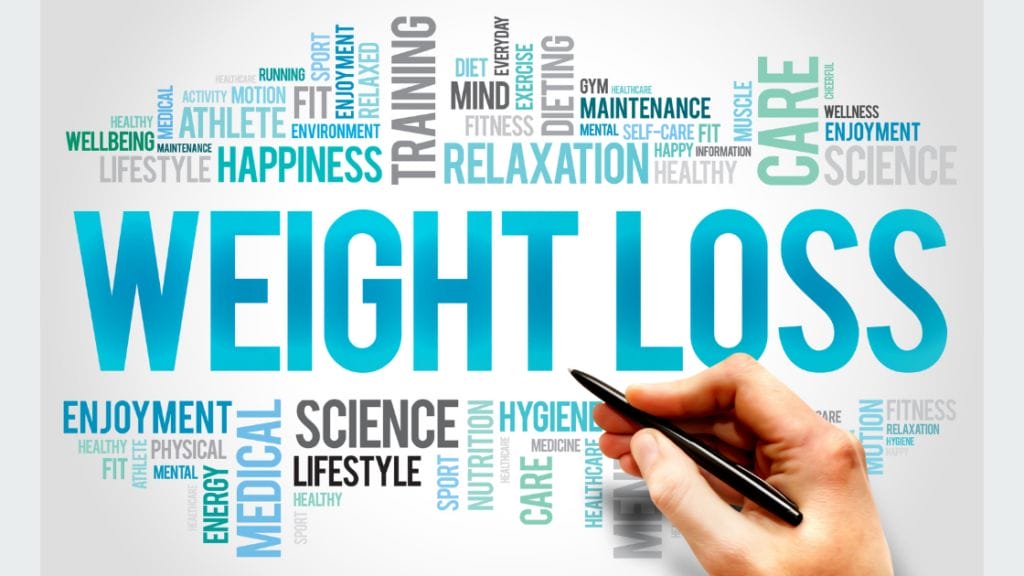by Aimee Wojtowecz

It’s January! The month everything becomes about weight loss and setting resolutions. Did you know that yesterday, the 17th was International Ditch Your New Year Resolution Day? It’s statistically the most common day that people give up on the goals and intentions that they set just 3 weeks ago. That’s crazy right?
On average, it takes more than 2 months before a new behavior becomes automatic, 66 days to be exact. And how long it takes a new habit to form can vary widely depending on the behavior, the person, and the circumstances. Studies have shown it can take anywhere from 18 days to 254 days for people to form a new habit! 3 weeks isn’t nearly enough time to truly ingrain that habit into your way of life or see results.
A lot of people set exercise goals for the new year. Did you? The truth is that exercise is only one piece of the puzzle when it comes to meeting your health and wellness goals. Almost everyone has heard that “You can’t out-train a poor diet.” Well I am here to tell you that is NOT a myth. The most common misconception occurs with the progress we make in our initial attempts at weight loss. Most of us have been there, we start exercising and our bodies start to change in ways we enjoy. BUT, eventually that stops or we end up right back where we started.
This happens because we don’t change the other areas of our life that impact our health and wellness to match the effort we put in at the gym. Losing bodyfat is a multi-faceted process that requires commitment, hard work, and consistency. It’s important to have realistic expectations and to make sure that the fat loss goals you set are attainable. To achieve lasting results, it’s important to focus on both diet and exercise as well as other lifestyle factors within your control such as mindset, actions and effort.
Here are 4 other areas to focus on to compliment your new exercise routine:
- Sleep- ideally you should aim for 7+ hours of sleep per night. Poor sleep is associated with increased oxidative stress, glucose (blood sugar) intolerance (a precursor to diabetes), and insulin resistance.
- Nutrition- Eating a balanced diet that is low in processed foods, sugars, and saturated fats, and provides ample protein and fiber is essential.
- Daily Movement- moving your body outside of the gym matters even more than in the gym. Try to integrate at least 30 minutes of daily movement into your routine when possible outside of your gym time.
- Stress management- stress has health impacts whether you see it or not. Preventing and managing long-term stress can lower your risk for other conditions — like heart disease, obesity, high blood pressure, and depression.
To ensure success, it’s best to consult a health professional who can provide personalized advice and guidance (like a nutrition coach!) to help keep you accountable. With the right approach, you can achieve your weight loss goals in a healthy and sustainable way. Now you might be saying- “of course you would say that; it’s your job.” WRONG!
We created a nutrition coaching program because we saw that our members needed more and they didn’t have anyone to help hold them accountable to meeting their goals.
Are you ready to work with an expert coach to help you reach your goals? If so we can help!
